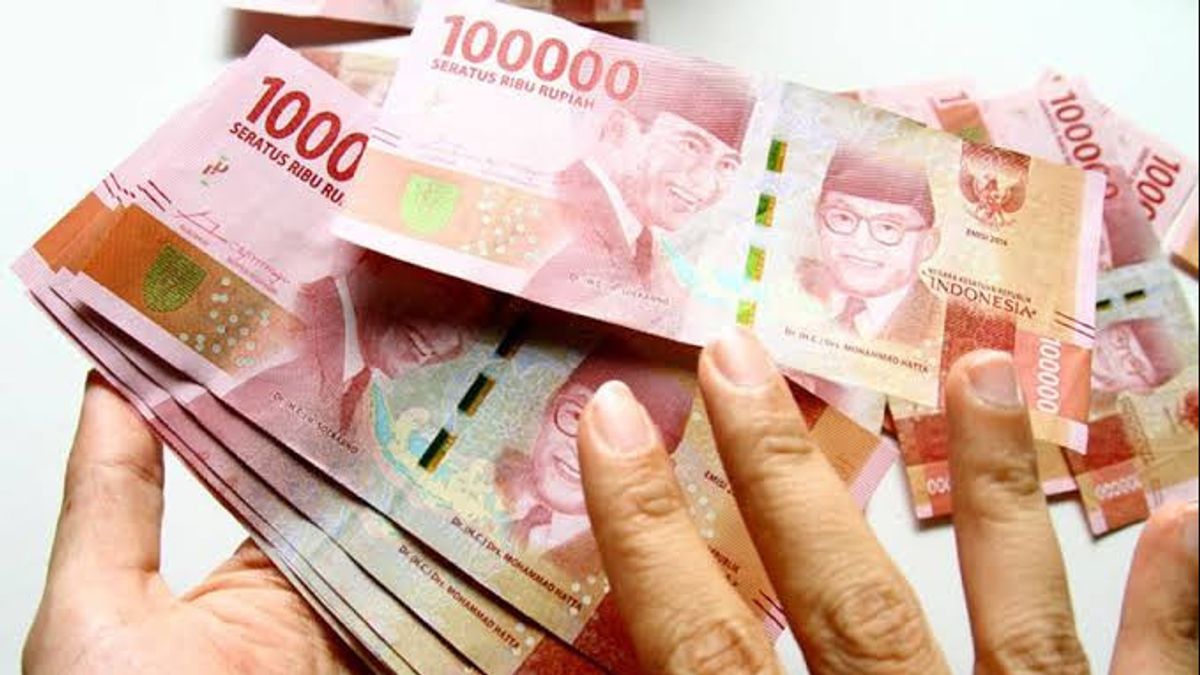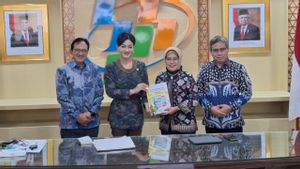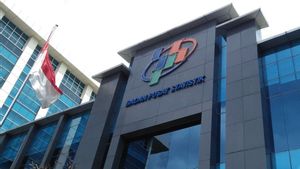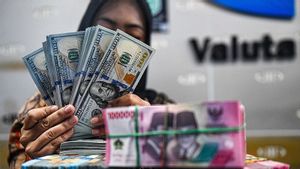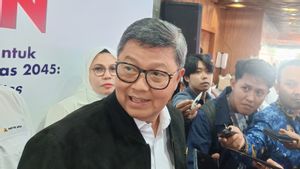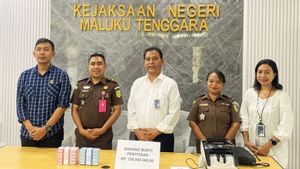JAKARTA - The Cauangan Services Authority (OJK) noted that public financial literacy and inclusion in urban areas is much higher when compared to rural areas. The data refers to the results of the 2024 National Literacy and Financial Inclusion Survey (SNLIK).
Chief Executive of the Behavior Supervisory of Financial, Education, and Consumer Protection Business Actors of the Financial Services Authority (OJK) Frederica Widyasari Dewi said the financial literacy index for urban composites was 69.71 percent. Meanwhile in rural areas around 59.25 percent.
Meanwhile, he continued, the urban conventional financial literacy index was 69.61 percent. Meanwhile in rural areas 58.55 percent. Likewise with the Islamic financial literacy index in urban areas 45.27 percent, while in rural areas 30.20 percent.
Then, the composite financial inclusion index in urban areas was 78.41 percent higher than the rural area which was 70.13 percent. Meanwhile, conventionally in urban areas 77.21 percent, while in rural areas 68.28 percent.
The woman who is familiarly called Kiki said that the Islamic financial inclusion index in urban areas was 14.73 percent, while in rural areas it was 10.20 percent.
In general, financial literacy and financial inclusion index in urban areas is higher than rural ones. This shows that access to money in urban areas tends to be better than rural ones," he said in a virtual press conference, Friday, August 2.
Kiki revealed that the factors that can affect the high access to financial service and service products are the level of education and welfare.
SEE ALSO:
"The higher education and the welfare of the community, the higher the level of financial literacy," he explained.
According to Kiki, the availability of infrastructure in urban areas is also more than in rural areas. Including the issue of telecommunications networks.
"If in urban areas, of course there are also more infrastructure availability factors, easier to access with better telecommunications networks," he said.
The English, Chinese, Japanese, Arabic, and French versions are automatically generated by the AI. So there may still be inaccuracies in translating, please always see Indonesian as our main language. (system supported by DigitalSiber.id)
